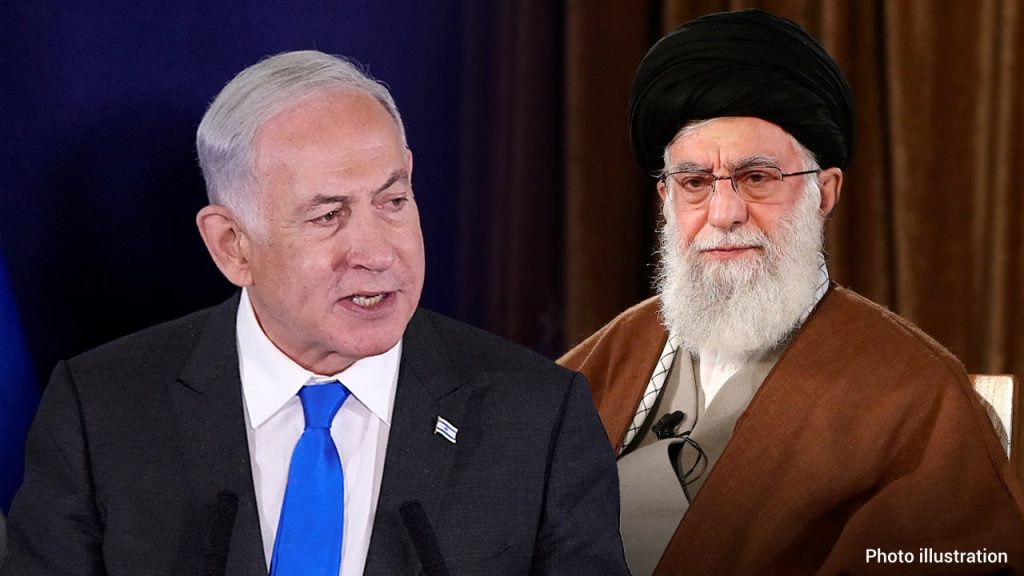Israeli Prime Minister Benjamin Netanyahu has reiterated his country’s commitment to preventing Iran from attaining nuclear weapons, stating that it remains the chief concern of the Israel Defense Forces (IDF). This comes in response to threats from Iranian Supreme Leader Ali Khamenei, warning that Israel is underestimating Iran’s power and determination. Netanyahu has hinted that Israel could target Iranian nuclear facilities in response to any further attacks on the Jewish state, with the IDF vowing to escalate its capabilities and hit list. The U.S. has cautioned against targeting Iran’s energy infrastructure, fearing it could lead to a broader regional conflict. Reports suggest that Iran may be planning a retaliatory strike after the U.S. presidential election.
The ongoing tit-for-tat exchanges between the IDF and Iranian Revolutionary Guard Corps (IRGC) forces could potentially involve other Iranian-backed groups beyond Hamas and Hezbollah. A report suggests that Israeli intelligence believes the next attack on Israel may come from an Iranian-backed militia in Iraq rather than directly from Iran. Iran is believed to have transferred short-range ballistic missiles to its proxies in Iraq, enabling them to target areas in northern Israel. Despite Syria sharing a border with Israel, the conflict with the Assad regime and the fight against ISIS have made it a less viable option for Iranian proxy forces to launch attacks on Israel.
Iran’s potential strategy of drawing the conflict with Israel to Iraq, where there is a significant U.S. presence, could complicate the situation and demand an international response. By keeping the conflict away from its own territory, Iran may be attempting to shield itself from direct retaliation while opening new fronts against Israel. The presence of American troops in Iraq adds a political taboo for Israel regarding potential strikes in the country, as it seeks to navigate the complex geopolitical landscape. Iranian proxies in Iraq and Syria pose a significant threat to Israel, with the ability to launch attacks using short-range ballistic missiles.
The escalating tensions between Israel and Iran have raised concerns about the potential for a broader regional conflict. Netanyahu’s focus on preventing Iran from acquiring nuclear weapons underscores the seriousness of the threat posed by Tehran. Israeli intelligence’s assessment that the next attack on Israel could come from an Iranian-backed militia in Iraq highlights the evolving nature of the conflict and the challenges of engaging in a multi-front confrontation. The involvement of various Iranian-backed groups in the region, along with the transfer of missile capabilities, further complicates the security situation and increases the risk of escalation.
The U.S.’s warning against targeting Iran’s energy infrastructure indicates the broader implications of a conflict between Israel and Iran, with the potential to destabilize the region. Netanyahu’s commitment to defending Israel against threats from Iran reflects the ongoing security concerns faced by the Jewish state. The possibility of Iran using proxy forces in Iraq to target Israel underscores the complex dynamics at play in the Middle East and the geopolitical maneuvering by both sides. As tensions continue to rise, the risk of miscalculation and unintended consequences remains high, highlighting the need for diplomatic efforts to reduce tensions and prevent further escalation.


